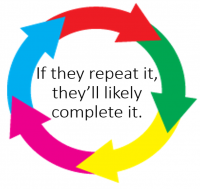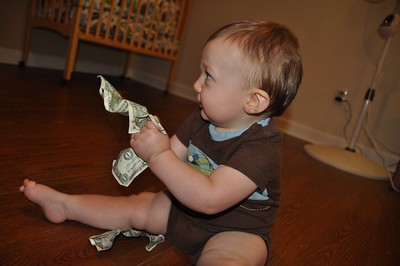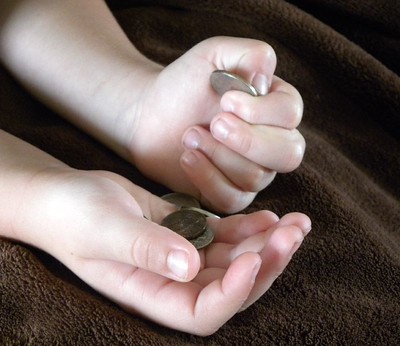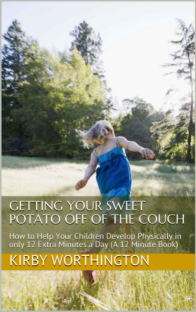
When Kirby Worthington, co-founder of Growth and Giggles, was working toward her Master’s degree, she spent time as a director of a Montessori preschool. She had read research on repetition and decided to test it out. On a very cold winter’s day, after three days of freezing rain and no outside playtime at school, the sun came out and it was time to go outside again. However, under the swing there was a giant mud puddle full of the freezing rain. Before going outside she gathered the children and told them: “We’re going to get to play outside, and you can play on any of the equipment – except no swinging today”, and she explained about the puddle. As they went out the door, she stopped each child asking them, “Where are you NOT playing today?” And they would repeat back to her, “No swinging and no playing in the mud.” Do you know, the experiment worked and not one child broke the rule. She was outside observing their behavior and, sure enough, they had in their minds what to do and what not to do. And they stuck to it.
If they repeat it, they’ll likely complete it.
If you get children to say the rule or expectation, they’ll generally choose to listen to it. (Not always, of course; let’s be realistic!) It helps to have them repeat it the first time. But what really helps is to have them repeat the rule every time you have that expectation of them.







